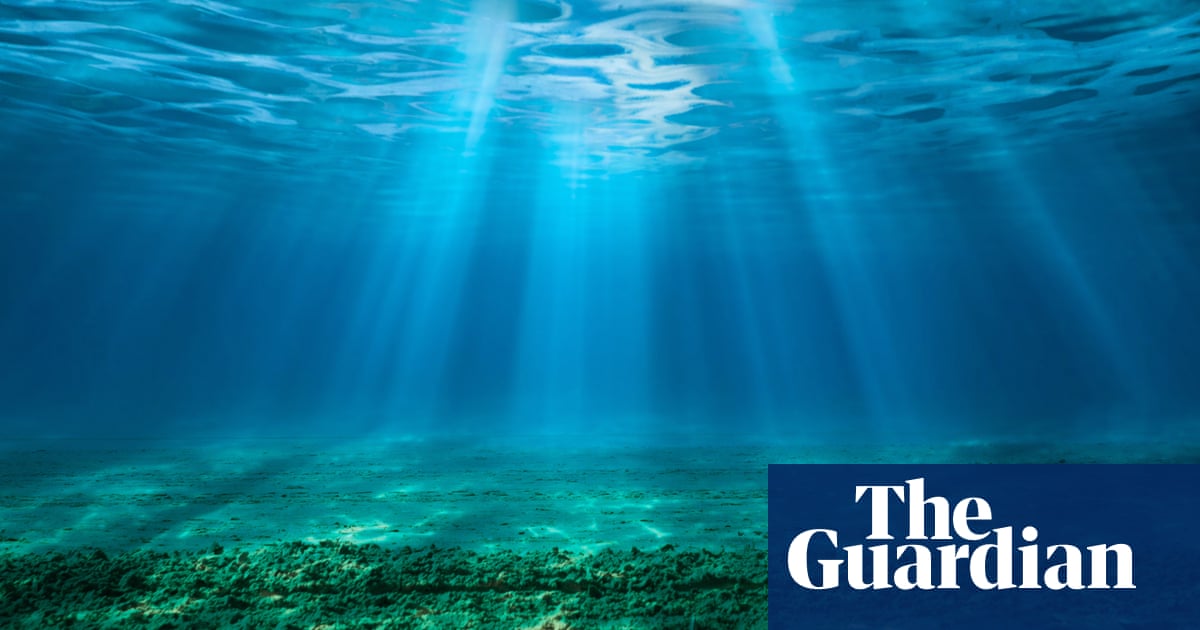The world’s oceans are in worse health than realised, scientists have said today, as they warn that a key measurement shows we are “running out of time” to protect marine ecosystems.
Ocean acidification, often called the “evil twin” of the climate crisis, is caused when carbon dioxide is rapidly absorbed by the ocean, where it reacts with water molecules leading to a fall in the pH level of the seawater. It damages coral reefs and other ocean habitats and, in extreme cases, can dissolve the shells of marine creatures.
Until now, ocean acidification had not been deemed to have crossed its “planetary boundary”. Theplanetary boundariesare the natural limits of key global systems – such as climate, water and wildlife diversity – beyond which their ability to maintain a healthy planet is in danger of failing. Six of the nine had been crossed already,scientists said last year.
However,a new studyby the UK’s Plymouth Marine Laboratory (PML), the Washington-based National Oceanic and Atmospheric Administration and Oregon State University’s Co-operative Institute for Marine Resources Studies found that ocean acidification’s “boundary” was also reached about five years ago.
“Ocean acidification isn’t just an environmental crisis – it’s a ticking timebomb for marine ecosystems and coastal economies,” said PML’s Prof Steve Widdicombe, who is also co-chair of theGlobal Ocean Acidification Observing Network.
The study drew on new and historical physical and chemical measurements from ice cores, combined with advanced computer models and studies of marine life, which gave the scientists an overall assessment of the past 150 years.
It found that by 2020 the average ocean condition worldwide was already very close to – and in some regions beyond – the planetary boundary for ocean acidification. This is defined as when the concentration of calcium carbonate in seawater is more than 20% below preindustrial levels.
The deeper in the ocean they looked, the worse the findings were, the scientists said. At 200 metres below the surface, 60% of global waters had breached the “safe” limit for acidification.
“Most ocean life doesn’t just live at the surface,” said PML’s Prof Helen Findlay. “The waters below are home to many more different types of plants and animals. Since these deeper waters are changing so much, the impacts of ocean acidification could be far worse than we thought.”
This had, she added, huge implications for important underwater ecosystems such as tropical and even deep-sea coral reefs that provided essential habitats and nursery grounds for the young of many species.
As pH levels drop, calcifying species such as corals, oysters, mussels and tiny molluscs known as sea butterflies struggle to maintain their protective structures, leading to weaker shells, slower growth, reduced reproduction and decreased survival rates.
The authors underlined that decreasing CO2emissions was the only way to deal with acidification globally, but that conservation measures could and should focus on the regions and species that were most vulnerable.
Jessie Turner, director of the International Alliance to Combat Ocean Acidification, who was not involved in the study, said: “This report makes it clear: we are running out of time and what we do – or fail to do – now is already determining our future.
“We are coming to terms with an existential threat while grappling with the difficult reality that much suitable habitat for key species has already been lost. It’s clear that governments can no longer afford to overlook acidification in mainstream policy agendas,” she said.
